Discovering Nuclear Science: energy and beyond
Discovering Nuclear Science: energy and beyond
Where do natural radioactivity come from? What is a radioactive atom? Which are the phases of nuclear fission? How is radioactive pollution monitored? Are nuclear waste managed managed? Talking about “nuclear issues”, many questions arise: this MOOC aims at providing scientific answers. Enroll in the course and unlock the potential of Nuclear Science to shape our future for the better. Let's get started!
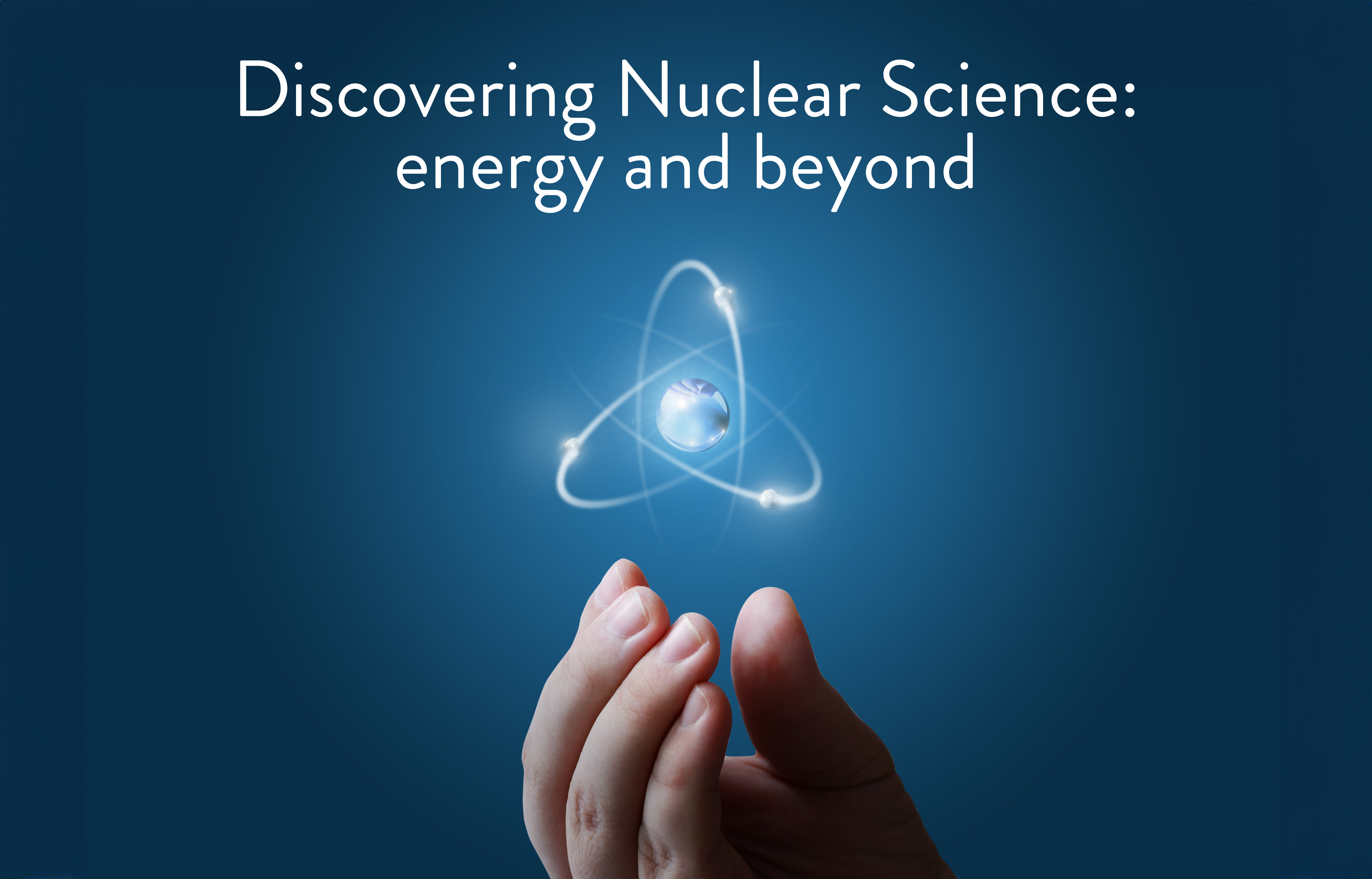
Course description
Welcome to the MOOC "Discovering Nuclear Science: Energy and Beyond." This course is designed for learners of all backgrounds and interests, presenting the captivating world of Nuclear Science in an engaging and accessible manner.
Have you ever wondered about the fascinating applications of Nuclear Chemistry and Radiochemistry in our daily lives? If so, this course is the perfect opportunity to explore the answers to your questions. Through catchy questions and interactive polls, each module will introduce exciting topics that showcase the significance of Nuclear Science in our modern world.
The journey begins with engaging videos providing an overview of each module's subject. As you delve deeper, you will find a series of user-friendly lessons that gradually uncover the fundamental concepts and real-world applications of Nuclear Science and Technology. Fear not, there are no overly challenging lessons here! We've crafted this course to be inclusive and suitable for everyone. Our goal is to ensure that each learner, regardless of their background, can fully grasp the concepts and significance of Nuclear Science. At the end of each module, a final quiz will allow you to assess your understanding and knowledge gained. Additionally, a final lesson will provide valuable insights into the newfound awareness you've acquired throughout the course.
So, whether you're a curious individual with a general interest in science or a student looking to expand your horizons, "Discovering Nuclear Science: Energy and Beyond" promises an exciting and enlightening adventure into the world of Nuclear Science. Join us now and embark on this fascinating journey of discovery. Enroll in the course and unlock the potential of Nuclear Science to shape our future for the better. Let's get started!
Total workload of the course: 10 hours
This MOOC is provided by Politecnico di Milano in the field of Augmented CINCH project.
This MOOC is one of the outputs of the Erasmus+ CINCH project (Grant Agreement No. 945301).

Co-funded by the Erasmus+ Programme of the European Union
This project has received funding from the Euratom research and training programme 2019–2020 under grant agreement No. 945301. Views and opinions expressed are however those of the author(s) only and do not necessarily reflect those of the European Union or the European Education and Culture Executive Agency (EACEA). Neither the European Union nor EACEA can be held responsible for them.
Intended Learning Outcomes
By actively participating in this MOOC, you will achieve different intended learning outcomes:
Week 1 - The Nature of Radioactivity
- you will be able to explain where natural radioactivity come from, to describe what is a radioactive atom, through words and drawings, and to illustrate the concept of radioactive decay
- you will be able to distinguish among stable and unstable atoms, isotopes and radionuclides, to explain how artificial radionuclides are produced and to describe how nuclear fission works in a nuclear reactor
Week 2 - Ionizing Radiation in Action
- you will be able to distinguish among the different types of ionizing radiation
- you will be able to list different applications of radiations for civil society and the advantages they offer (such as in nuclear medicine and health safety)
Week 3 - Navigating Nuclear Hazards
- you will be able to explain the role of nuclear energy for the sustainable development
- you will be able to distinguish among different causes of radioactive pollution, not only coming from nuclear accidents
- you will be able to describe the main characteristics of radioactive waste and explain the objectives of its management to protect human health and the environment
In broad terms, this MOOC helps you develop skills in the areas of
ESCO: application of radioactive substances in diagnosis and treatment
Prerequisites
No prerequisite knowledge is required for this course.
Activities
Over and above consulting the content, in the form of videos and other web-based resources, you will have the opportunity to discuss course topics and to share ideas with your peers in the Forum of this MOOC.
Section outline
-
-
-
In Week 1 we start our exploration of nuclear science with a question: what are radioactive elements? Perhaps you will be amazed at what you discover… Then we are going to learn how radioactive elements could be also created by humankind and used to safely bring benefits to society.
-
In Week 2 we will explore how radiations are something emitted by radioactive elements while they transform into other atoms that we can not see with the eyes. We are used to considering them really dangerous, but they can be more useful than what we think.
-
In Week 3 we will learn how the news we get about nuclear power is often related to troubling things. We will discuss all those aspects related to the nuclear area, including the pollution coming from nuclear activities, the production of nuclear waste, the risk of nuclear accidents, that are considered themes of public concern.
-
-
Assessment
Your final grade for the course will be based on the results of your answers to the assessed quizzes. You have an unlimited number of attempts at each quiz. You will have successfully completed the course if you score a total of 60% (or higher) in all assessed quizzes.
The maximum score possible for each quiz is given at the beginning of the quiz. You can view your score in the quiz on your last attempt or on the 'Grades' page.
Certificate
You can achieve a certificate in the form of an Open Badge for this course, if you obtain, at least, 60% of the total score in the graded quizzes and by filling in the final survey.
Once you have completed the required tasks, you will be able to access ‘Get the Open Badge’ and start issuing the badge. Instructions on how to access the badge will be sent to your e-mail address.
The Badge does not confer any academic credit, grade or degree.
Information about fees and access to materials
You can access the course completely online and absolutely free of charge.
Course faculty
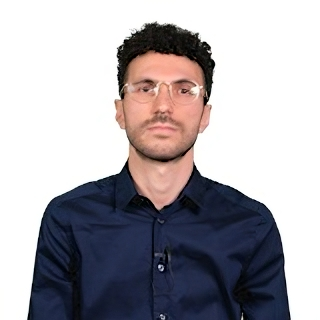
Francesco Galluccio
Teacher
Francesco Galluccio is going to complete a PhD in Energy and Nuclear Science and Technology at Politecnico di Milano within a Collaborative Doctoral Partnership with European Commission’s Joint Research Centre-Ispra site. He got a Master of Science in Nuclear Engineering with a thesis focused on hydrometallurgical partitioning of actinides from spent nuclear fuel. Currently, he is moving a research step in developing advanced radiochemical methods for hard-to-measure radionuclides, and green chemical processes for the treatment and confinement of challenging waste within an integrated decommissioning and waste management strategy.
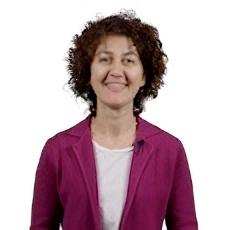
Elena Macerata
Teacher
Elena Macerata graduated in Nuclear Engineering at Politecnico di Milano and in 2008 completed a PhD in Radiation Science and Technology. Today, she is a senior researcher in the Radiochemistry and Radiation Chemistry Laboratory of the Department of Energy at POLIMI. Her research work is mainly focused on the development of hydrometallurgical processes for the advanced reprocessing of spent nuclear fuel, the study of degradation phenomena due to radiations within different technological applications and on developing innovative learning approaches and didactical materials within the radiochemistry and Radiation Chemistry fields.
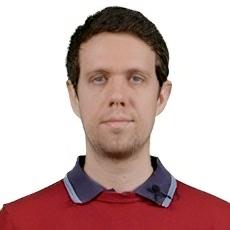
Gabriele Magugliani
Teacher
Gabriele Magugliani holds a Master’s Degree in Nuclear Engineering. In 2022 he earned a doctoral degree in Energy and Nuclear Science and Technology at Politecnico di Milano with a thesis concerning the applicability of chemical dosimetry to radiotherapy quality assurance. He is currently a postdoctoral fellow at the Radiochemistry and Radiation Chemistry Laboratory at the Department of Energy of Politecnico di Milano. His research activity mainly concerns chemical dosimetry, radioactive waste management strategies and computational methods for radiation transport.
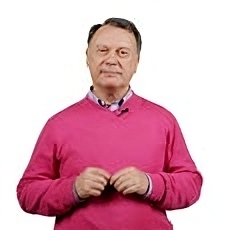
Mario Mariani
Teacher
Mario Mariani studied chemistry at Università degli Studi in Pavia. In 1989, he earned his doctorate in Chemical Science. Today, he is full professor at POLIMI and Head of Radiochemistry and Radiation Chemistry Laboratory at the Department of Energy. Lecturer of MSc course Applied Radiochemistry and courses for PhD in Energy and Nuclear Science and Technology. His research activities are in the fields of nuclear and radiochemistry, radiation chemistry and nuclear decommissioning.
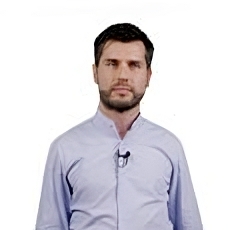
Eros Mossini
Teacher
Eros Mossini holds Master’s Degree in Nuclear Engineering and Ph.D. Degree in Energy and Nuclear Science and Technology. Since 2019, he is Assistant Professor at Department of Energy of Politecnico di Milano in the field of Nuclear Measurements and Instrumentation. His research efforts are mainly focused on radiochemistry and radiation chemistry cutting-edge topics, such as hydrometallurgical processes for actinide recovery from spent nuclear fuel; radiological characterization; nuclear decommissioning and radioactive waste management. He is involved in laboratory teaching of “Radiation Detection and Measurement”, “Applied Radiation Protection”, and “Applied Radiochemistry” courses of Politecnico di Milano.
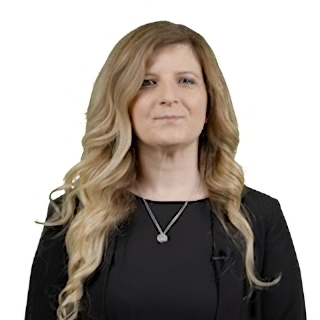
Maddalena Negrin
Teacher
Maddalena Negrin studied nuclear engineering at Politecnico di Milano. She completed her Ph.D. in Nuclear Science and Technology in 2018, focusing on the effects of ionizing radiation on aliphatic polymers to efficiently affect their biodegradability. Currently, Maddalena is a Postdoctoral Researcher in the Radiochemistry and Radiation Chemistry Laboratory at POLIMI's Department of Energy. Her research work spans various areas, including polymer radiation chemistry, superficial decontamination of metallic waste, chemical dosimetry, and the development of innovative didactical tools for nuclear and radiochemistry education.
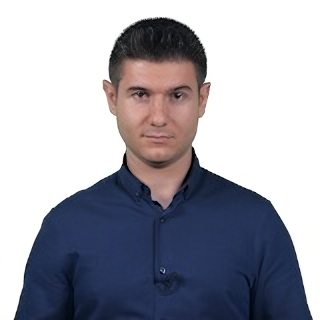
Andrea Santi
Teacher
Andrea Santi began his university career by studying Materials Engineering and Nanotechnology at the Politecnico di Milano, before completing a Master's degree in Nuclear Engineering. He is currently a PhD student at the Laboratory of Radiochemistry and Radiation Chemistry, performing research in the field of low- and intermediate-level radioactive waste. Outside the lab, Andrea is a jazz-funk drummer with a passion for fantasy storytelling and role-playing games.
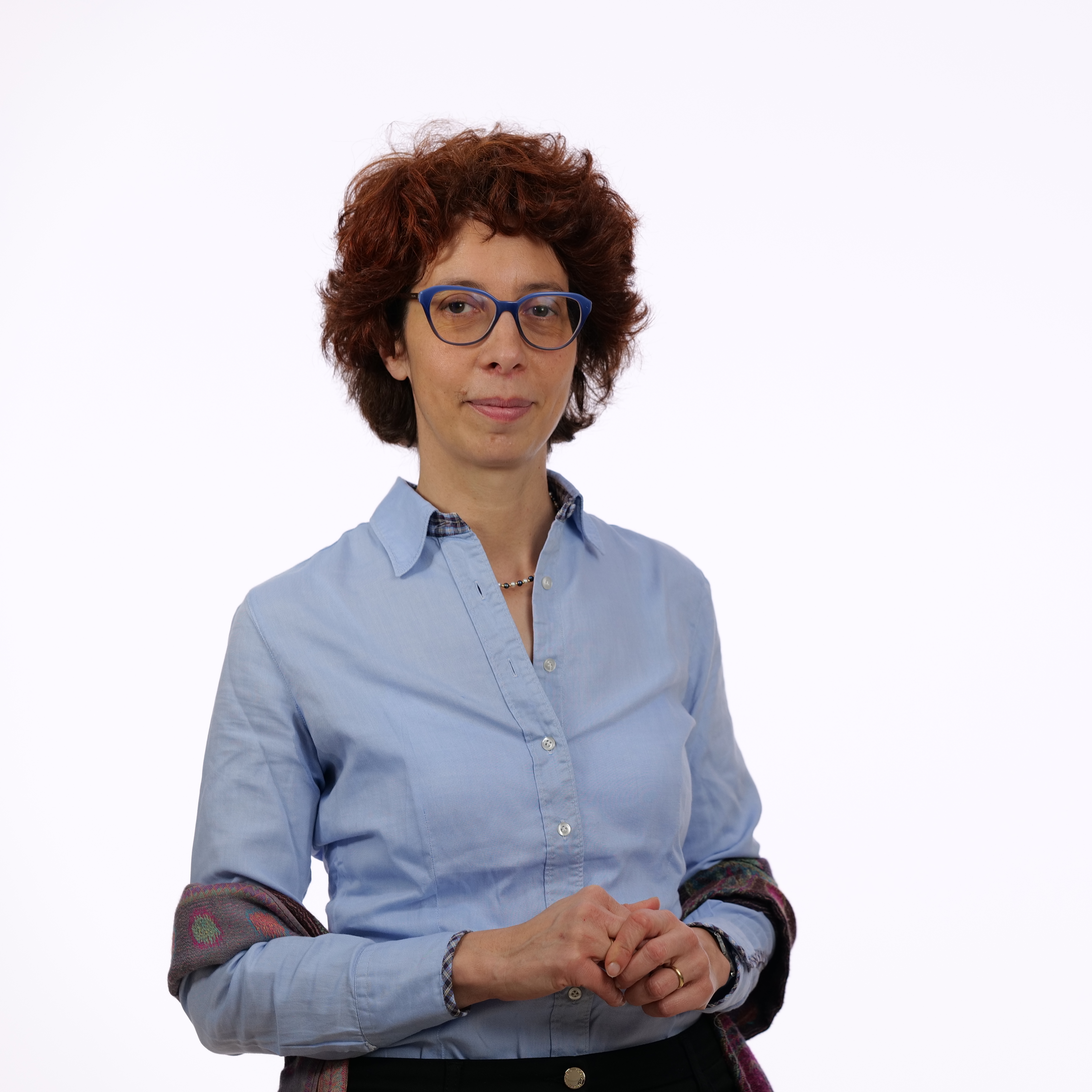
Francesca Concia
Teacher
Francesca Concia, graduated in Classics, passionate about History, Literature, Art, but above all about Knowledge and Learning, has been working at METID since 2001 as Project Manager in national and international innovative teaching projects. She supervised the course design and coordinated its implementation.
Course credits
Camera, set design, editing, video schemes and motion graphics: Aurora Camilli, Amedeo Longeri, Gaia Meroni.
Graphics and diagrams: Giuseppe Leone, Giosuè Suriano.
System and community management: Davide Mezzera, Alessandra Tomasini, Lia Navarotto.
Contact details
If you have any enquiries about the course or if you need technical assistance please contact pok@polimi.it. For further information, see FAQ page.